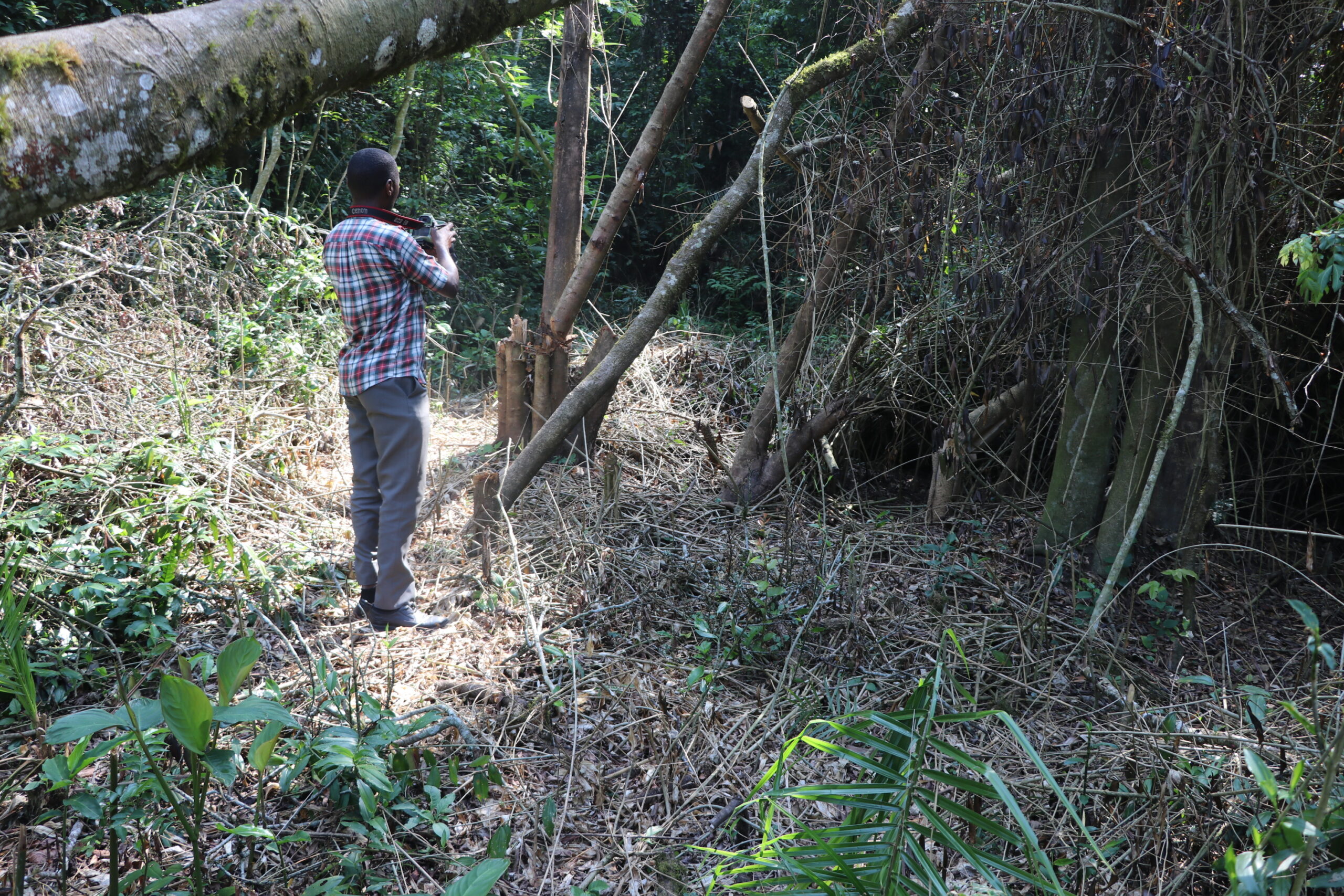OPINION: UGANDA’S FORESTS UNDER SIEGE, THE HUMAN RIGHTS DIMENSION ON DEFORESTATION

By Agnes Nabirye
Introduction
Deforestation in Uganda is increasingly recognized as a multifaceted crisis that transcends environmental concerns, diving deep into the realm of human rights, particularly for indigenous populations. As global attention shifts towards the devastating impacts of industrial agriculture on forests, the focus sharpens on how these actions plummet Uganda’s forest cover and threaten the livelihoods of millions.
Current State of Forest Cover
According to recent reports, Uganda’s forest cover has dwindled to approximately 12% of its total land area, a steep decline from over 24% in the early 1990s. This alarming statistic highlights the urgent need for comprehensive policies that not only protect the environment but also uphold the rights of those who depend on these forests for their survival.
Commercial Pressures and Deforestation
The impetus for this deforestation is primarily driven by commercial interests. Large-scale agricultural enterprises are clearing vast areas of forest to cultivate cash crops like sugarcane and palm oil, primarily for export markets. Regions such as mid-western Uganda and West Nile are especially hard hit, as land once rich in biodiversity succumbs to monoculture plantations aimed at satisfying international demand. European markets, being the second-largest importers of deforestation-linked agricultural products, play a significant role in this narrative.
In response to the growing crisis, the European Commission has proposed regulations aimed at banning imports of agricultural goods linked to deforestation, particularly refined sugar. While this regulatory effort marks a step towards curbing the demand that fuels forest degradation, it fails to address the integral aspect of forest destruction that is the human rights of indigenous communities.
Human Rights Violations
The consequences of deforestation extend far beyond environmental degradation; they manifest as grave human rights violations affecting indigenous populations. In areas like Zoka and Bugoma forests, local communities face dispossession from their ancestral lands, often accompanied by threats and violence as they resist encroachments. The ramifications are profound: loss of access to food, clean water, and traditional medicines, as well as the erosion of their cultural and spiritual identities.
Such violations serve to not only impoverish these communities materially but also strip them of their self-determination. Without access to their lands and the resources they provide, indigenous peoples find their very existence jeopardized.
The Role of Indigenous Knowledge in Conservation
Ironically, those most affected by deforestation hold the key to its conservation. Indigenous peoples possess invaluable knowledge, cultural practices, and spiritual connections to the land that can serve as a powerful tool in the fight against deforestation. Policy-makers and scientists increasingly recognize that respecting and protecting the customary tenure rights of these communities is a cost-effective and sustainable strategy for forest conservation.
Empowering indigenous communities can lead to greater biodiversity preservation and ensure that forests remain intact for future generations. These communities often have a vested interest in preserving their surroundings, driven by a deep-rooted understanding of the ecosystem dynamics that sustain both their culture and livelihood.
Conclusion
As Uganda grapples with the dual threats of environmental degradation and human rights violations, it is imperative for all stakeholders—government, international bodies, and civil society—to adopt an integrated approach to forest management by banning products that were produced after clearing natural or plantation forests. This approach must prioritize the rights and knowledge of indigenous peoples, ensuring that conservation efforts are both effective and equitable. Failing to do so not only jeopardizes Uganda’s rich biodiversity but also undermines the rights of those who are most intimately connected to its forests. The future of Uganda’s forests—and its indigenous peoples—hangs in the balance, calling for urgent and decisive action.

